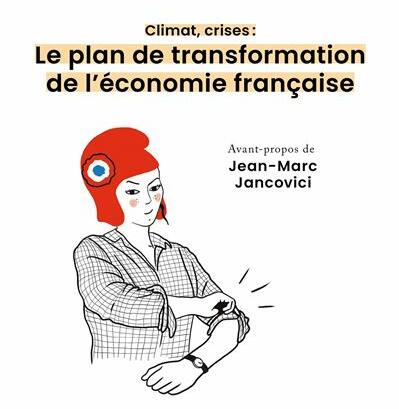Ever since its creation, the European Union has used a political decision-making system that devolves a very large amount of responsibility to community bodies (this is particularly true for environmental and energy issues). Now though, there is an increasing level of antagonism between the overarching regulation required to make the shift to a carbon free economy and the all-out ‘liberalisation’ promoted and structured by the institutions of Europe.
We believe this to be the end result of a ‘simple’ misunderstanding. In effect, the European Union was created at the end of the Second World War as the basis for a lasting peace throughout the continent and the first condition required for its prosperity. The encouragement of trade –and therefore the free circulation of capital and goods– was the way forward chosen by the founding fathers to achieve this goal. But the founding legislative instruments of the European Union ratified at the beginning of the 1950s (the European Coal and Steel Community and the Treaty of Rome) unfortunately neglected to make mention of the ultimate aim (peace and prosperity). The only goal explicitly referred to in these legal texts is the creation of a wide-ranging internal market, despite the fact that this was the means rather than the end.
By omitting any reference to the real goal (peace), the treaties governing Europe have excluded the opportunity of specifying the level of ‘liberalisation’ most appropriate for guaranteeing long-term peace, or of specifying those sectors of the economy in which such reasoning would be inappropriate once the physical limitations of the Earth were taken into account. In the context of infrastructures (of which energy forms a part), ‘total’ competition is often an effective way of accelerating the exhaustion of resources and global warming, which will eventually threaten peace without providing society with the benefit it deserves.
For the same reasons, it can sometimes be difficult to fine-tune the ambitious industrial policies introduced by public authorities, because economic history demonstrates that this often requires subsidies or measures with protectionist overtones, both of which European law seeks instead to eliminate.
Against this background, the goal for the working group is to come forward with a text that places these issues in the right order: putting peace and prosperity first, followed by changes or additions to the European Union treaty that do not militate against this goal.
Project leader:
The working group is led by Christophe Sanson, senior lecturer in law at the Université Paris 2 Panthéon-Assas, who was involved in the work that paved the way for the Coppens Commission on the French Charter for the Environment. Eventually, the group will also include specialists in political science, European law and environmental law.
Contact :
communication(a)theshiftproject.org

